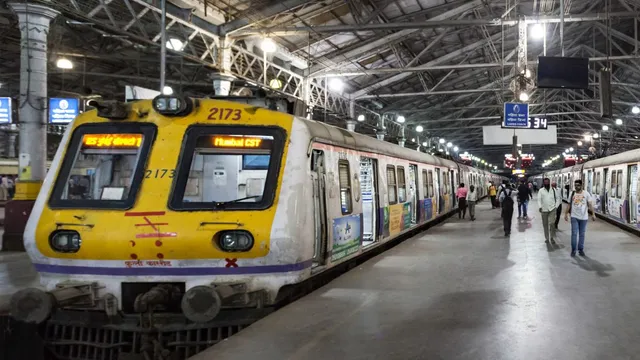- By Imran Zafar
- Tue, 04 Feb 2025 12:05 PM (IST)
- Source:JND
The Mumbai suburban railway will soon introduce new-design trains equipped with enhanced features to improve passenger comfort and reduce overcrowding, Railway Minister Ashwini Vaishnaw announced on Monday. Speaking via video conference from New Delhi, Vaishnaw said the new trains would have better acceleration, improved suspension for comfort and an advanced ventilation system with increased oxygen levels to accommodate heavy crowds.
The railway minister also revealed that around 300 additional local train services would be introduced in phases, increasing the current 3,000 daily services by 10 per cent. This expansion will follow the completion of ongoing infrastructure projects, which include laying nearly 300 km of new tracks in Mumbai.
Vaishnaw highlighted that railway projects worth Rs 16,400 crore are progressing in different stages on the Central and Western Railways. Efforts are also underway to reduce the time gap between two moving local trains from 180 seconds to 150 seconds, and later to 120 seconds, to facilitate more frequent services and ease congestion.
The minister emphasised that the Union Budget 2025-26 has allocated a record Rs 23,778 crore for railway projects in Maharashtra, which is 20 times higher than allocations under previous UPA governments. Maharashtra has also signed a tripartite agreement with the Central Government and RBI to ensure steady funding and expedited completion of railway projects.
ALSO READ: Mumbai-Pune Expressway Remains Highest Earning E-Way With Rs 163 Crore Revenue In December 2024
Signal Issue Causes Delays On Monday
Meanwhile, Mumbai’s Central Railway services were briefly disrupted early Tuesday due to a signal issue near Diva station, causing delays of 12-15 minutes. The problem, which arose at 5:55 AM, was resolved by 6 AM, restoring normal operations, according to Central Railway’s Chief Public Relations Officer.
(With PTI Inputs)

